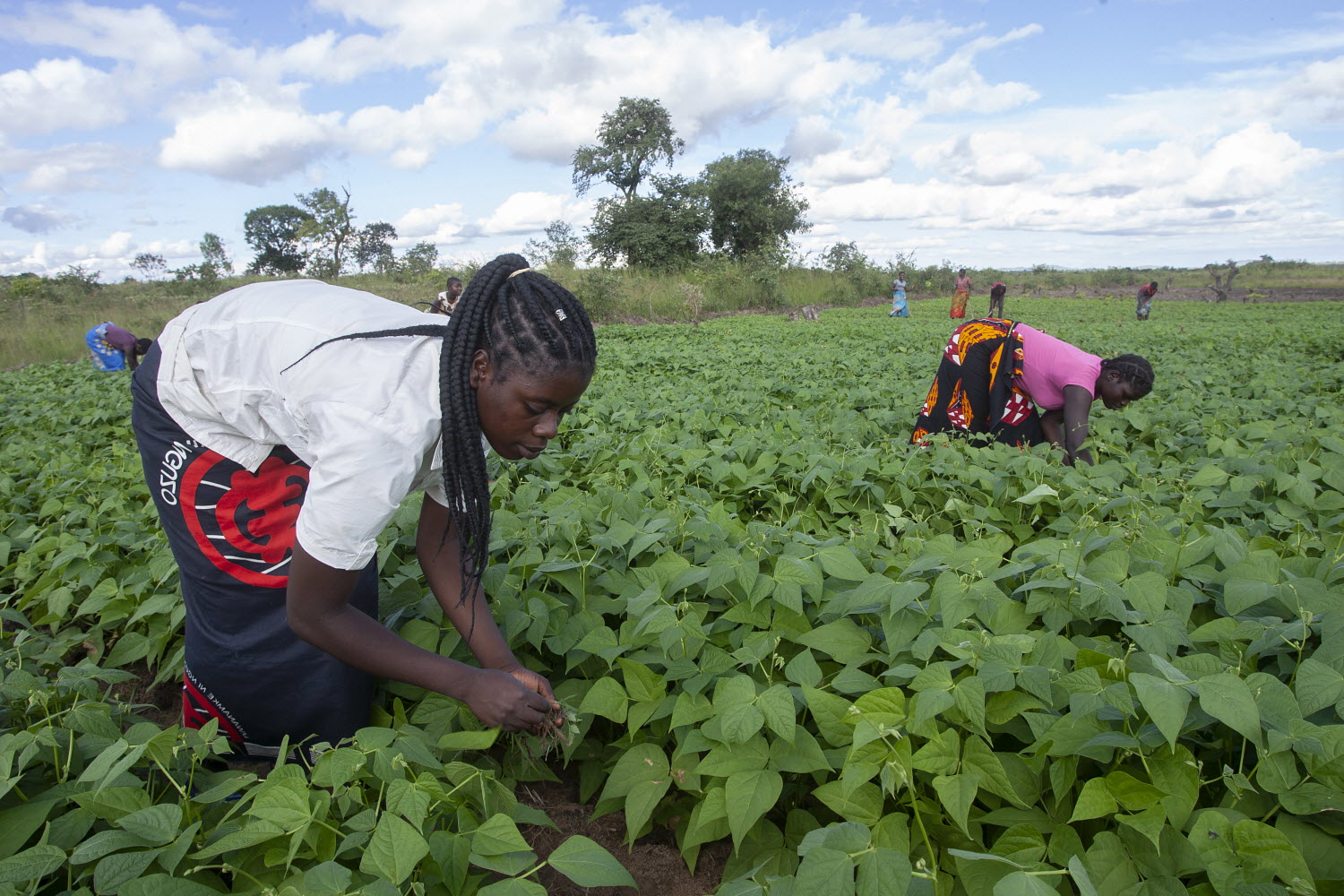SEED FUNDING JOINT PROGRAMMES
Rwanda
Resilient Food Systems: Enhanced Value Chain and Post Harvest Management





PROJECT TITLE | Resilient Food Systems: Enhanced Value Chain and Post Harvest Management |
| Context | Food systems transformation is embedded in several national policies in Rwanda, including the National Transformation Strategy, the Strategic Plan for Agriculture Transformation, the National Environment and Climate Change Policy. In 2021, Rwanda developed its National Pathway, which highlights four priority areas for the country towards 2030: ensuring food security and nutrition for all, while increasing demand for healthy diets; enhancing the environmental sustainability of food systems; improving livelihoods for farmers and all workers in food systems while building resilience to shocks; promoting inclusion of women and youth in food systems, including through enhanced financial opportunities. |
| PUNOs | FAO, WFP, IFAD |
| Contribution to SDGs | SDG 1 No Poverty; SDG 2 Zero Hunger; SDG 8 Decent Work and Economic Growth; SDG 13 Climate Action |
| Contribution to other SDG transitions | Decent Jobs and Universal Social Protection; Energy Access and Affordability |
| Duration | July 2024 – June 2025 |
| Expected financial leverage | $ 3,070,000 |
| Alignment with SG Call to Action | Policy integration; Food systems governance; Research, data, technology and innovation; Inclusive and participatory design; Private sector engagement |
| Outcomes | The JP leverages on improved post-harvest management as a strategic approach to simultaneously reduce food loss, improve incomes, and boost food availability. The JP promotes the economic integration of youth-led MSMEs and builds linkages with partners and initiatives focused on nutrition and food security to connect the dots between food production, processing and consumption. |
| Partners |
|
| Outputs |
|
Call for stakeholder input for the UN Food Systems Summit +2 Stocktaking Moment

©FAO / Amos Gumulira
In preparation for the UN Food Systems Summit +2 Stocktaking Moment (UNFSS+2) in July 2023, the UN Food Systems Coordination Hub is inviting stakeholders (organizations of Youth, Indigenous Peoples, Private Sector, Women, Producers, etc.) to complete a survey capturing their journey to the UNFSS+2 and what they have been doing to implement or support food systems transformations. This survey aims to:
- Highlight the steps the organizations/stakeholder groups have taken to support the implementation of the National Pathways and other actions related to food systems transformation as follow up to the UN Food Systems Summit (FSS), including good practices;
- Identify views on the FSS follow-up including positive actions taken, persistent challenges and linkages to other global initiatives and
- Collect stakeholders’ expectations from the STM as well as their recommendations on the way forward, including their own priority actions.
The survey results will be summarized in a concise Stakeholders’ report.
We ask that each organization only send one survey reply to represent their institution.
This survey closed on 19 May 2023.
